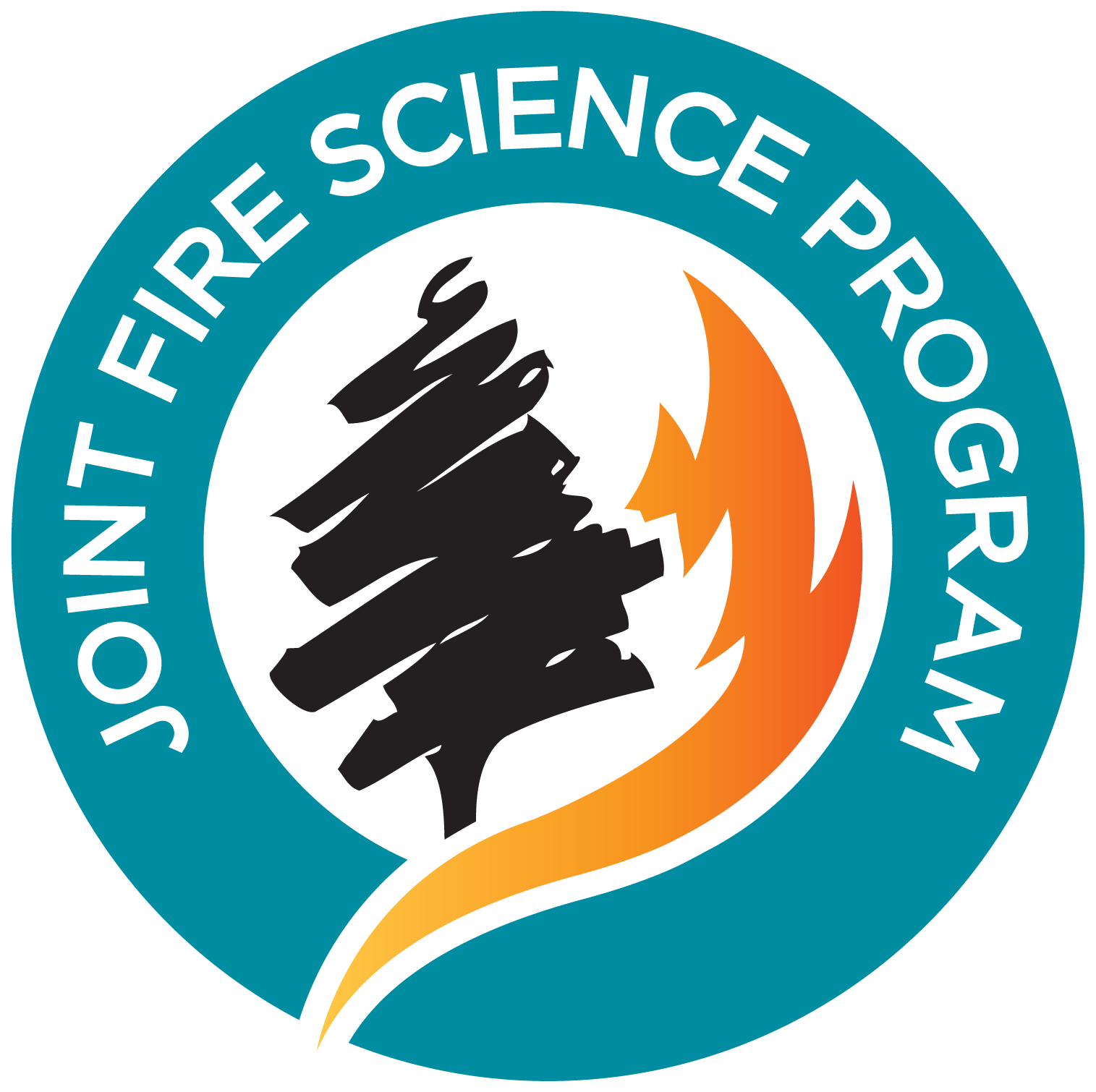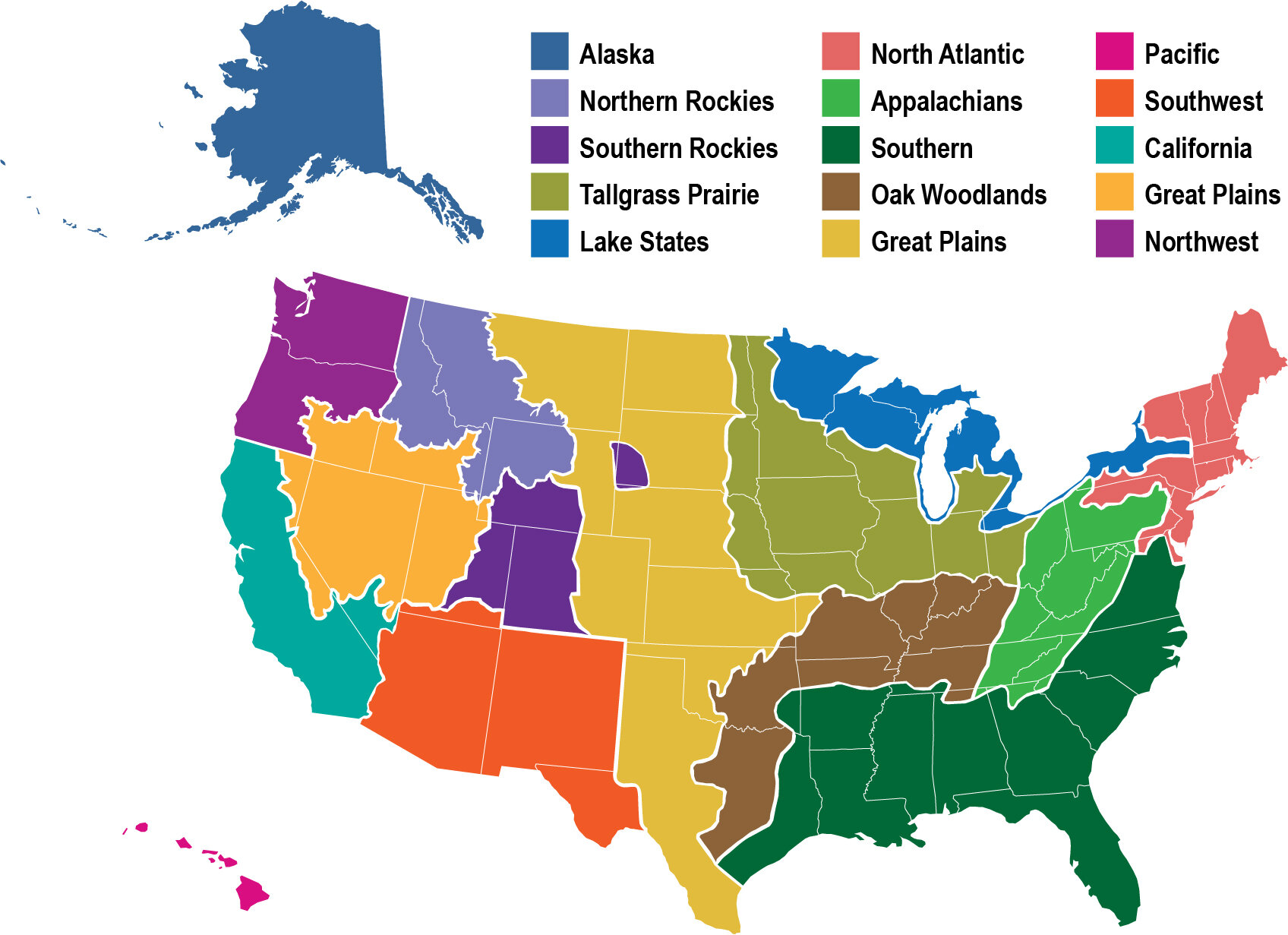Our 2017 WUI webinar series continues on March 16 at 11AM PDT with Dr. Mike Flannigan, professor of Wildland fire at the University of Alberta, Canada.
Webinar Recording:
About the Webinar
Every year, thousands of small fires and dozens of large ones break out somewhere in Canada. This has been the story for millenia and will continue as long as there are people and lightning to start fires in the boreal forest. Now more than ever, people work, build, live, and play in the boreal forest and disaster can occur when people and fire intersect. Last spring's Fort McMurray wildfire was a reminder of how dangerous forest fires can be. It forced the unprecedented evacuation of 90,000 people, caused insurable losses of about $3.8 billion and dampened Canada's GDP for 2016. Dr. Mike Flannigan will detail what happened in Fort McMurray and what it tells us about coexisting with fire in a flammable landscape.
About the Presenter
Dr Mike Flannigan is a professor with the Department of Renewable Resources at the University of Alberta and the Director of the Western Partnership for Wildland Fire Science located at the University of Alberta.. He received his BSc (Physics) from the University of Manitoba, his MS (Atmospheric Science) from Colorado State University and his PhD (Plant Sciences) from Cambridge University. Mike also completed Meteorologist course MT35 with Environment Canada and worked as a meteorologist for a few years. After that, Mike worked as a physical scientist, research scientist and senior research scientist with the Canadian Forest Service until his recent departure. Dr. Flannigan's primary research interests include fire and weather/climate interactions including the potential impact of climatic change, lightning-ignited forest fires, landscape fire modelling and interactions between vegetation , fire and weather. He was the Editor-in-Chief of the International Journal of Wildland Fire (2002-2008) and has taken on leadership roles with the US National Assessment on Global Change, IPCC, IGBP Fire Fast Track Initiative and Global Change Terrestrial Ecosystems (GCTE) efforts on the global impacts of fire.




